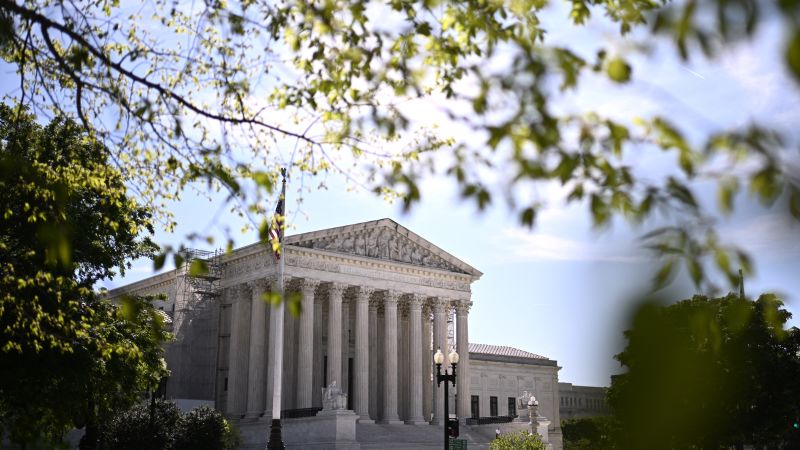The Supreme Court upheld a pro-Republican South Carolina congressional map, denying claims by civil rights groups that race was used as a proxy to benefit the GOP. However, the court allowed the groups to pursue one part of their claim, leading to a potential delay in resolving the issue. A federal court had previously ruled that South Carolina could use the contested map in the upcoming election, and the Supreme Court decision was split 6-3 along conservative-liberal lines.
The challenge in redistricting cases involves determining whether race or party affiliation was the driving factor in creating district maps. The conservative justices on the Supreme Court rejected the claim that race played a significant role in the districting process, while the liberal justices, including Justice Elena Kagan, argued that the majority’s decision could incentivize the use of race as a means to achieve partisan goals. Justice Clarence Thomas questioned whether federal courts should be involved in overseeing racial gerrymanders, suggesting that political districts should be drawn by politicians rather than judges.
The litigation over South Carolina’s maps was part of a series of redistricting cases following the 2020 census and the redrawing of congressional districts. Similar legal battles in other states could impact the balance of power in the US House of Representatives. In South Carolina, the district in question was redrawn to benefit the GOP, with allegations that race was the predominant factor in redistricting. State lawmakers sought to create a stronger Republican tilt in the district, which had previously elected a Democrat in a political upset, followed by a Republican in a subsequent election.
The court case highlighted the challenge of distinguishing between race and political motivations in redistricting decisions. The plaintiffs did not provide an alternative map to demonstrate that the same partisan objectives could be achieved without significant impact on race. Justice Alito emphasized the importance of alternative maps in clarifying the distinction between racial and political considerations. The outcome of similar redistricting cases in other states could have implications for party control in the House of Representatives when the new Congress convenes.
Overall, the Supreme Court decision in the South Carolina redistricting case reflects ongoing debates over the role of race and party affiliation in drawing political districts. The conservative justices’ rejection of claims that race influenced the districting process contrasts with the dissenting opinions of liberal justices who warned about the potential consequences of allowing race to be used as a proxy for partisan interests. The legal battle underscores the complexity of redistricting decisions and the impact they can have on political representation and electoral outcomes.













